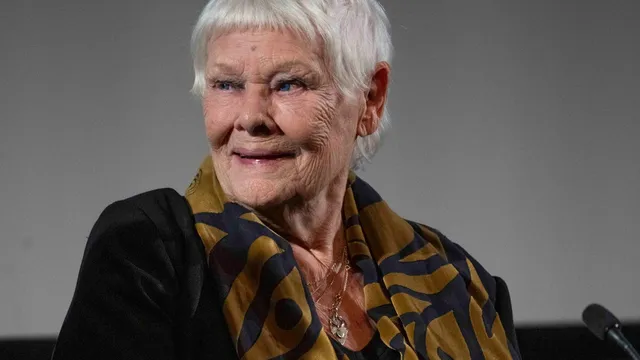
Dame Judi Dench advocates for faster dementia diagnoses for UK patients
2025-06-25 09:49- Alzheimer's Research UK reveals that patients can wait up to a year for a dementia diagnosis after referral, disproportionately affecting those in deprived areas.
- Dame Judi Dench emphasizes the advantages of obtaining an early diagnosis for individuals and families, such as improved quality of life.
- The campaign aims for government action to reform the diagnosis system and support the nearly one million people living with dementia in the UK.
Express your sentiment!
Insights
In the UK, the current situation for individuals suspected of having dementia is alarming, with many facing prolonged waits for diagnosis after being referred. Reports indicate that individuals can wait up to one year for a diagnosis, with those living in deprived areas often experiencing even longer delays. As dementia affects nearly one million people in the UK, significant gaps in diagnosis have resulted in around one-third of these individuals remaining undiagnosed, which can have lasting effects on their ability to access essential support and resources. These delays present substantial challenges to personal planning and family dynamics, ultimately increasing the sense of uncertainty for both patients and their relatives. This push for timelier diagnoses has garnered strong support, notably from Oscar-winning actress Dame Judi Dench, who argues that early diagnosis can greatly enhance individuals’ quality of life. By participating in Alzheimer's Research UK's campaign, she underscores the importance of receiving a diagnosis, which not only provides clarity and understanding but also allows those affected to make better-informed decisions regarding their future. According to experts, an early diagnosis can facilitate necessary discussions about safety, care adjustments, and the management of symptoms, which can involve various lifestyle changes and medications available through the NHS. In response to this urgent need for reform, healthcare advocates have called for improved resources and data collection to enhance the diagnostic process, ensuring that more individuals receive timely and accurate evaluations. The current situation further exemplifies the broader issue of health inequality, particularly for populations in economically deprived regions who face additional barriers to receiving care. The ongoing campaign, including the signature collection initiative led by Dench, attempts to draw attention to these critical issues and push for immediate government action. In conclusion, the advocacy efforts by figures like Dame Judi Dench highlight the urgency of addressing the diagnostic failures within the UK's healthcare system. The public's response to this campaign could influence governmental actions and potentially initiate changes to ensure that individuals living with dementia are recognized and treated in a timely manner. It is imperative that steps are taken to rectify systemic issues that allow residents to face dementia without support or recognition.